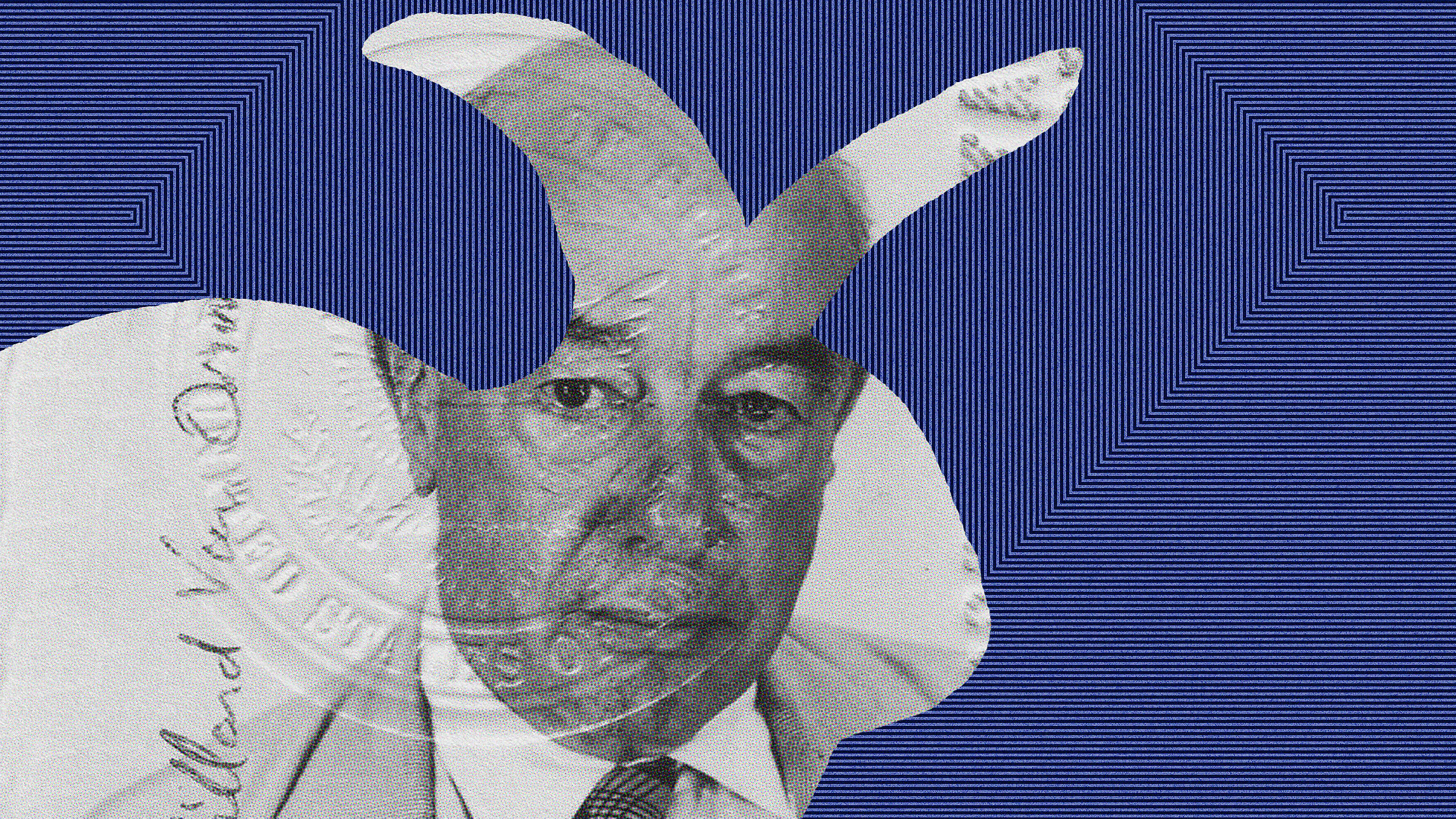NICHOLAS CHRISTAKIS: So I looked at a number of cases of groups being in very demanding circumstances. I looked at a sample of shipwrecks, for example 20 cases of groups of 19 or more people stranded for two or more months on isolated shores. I looked at the Shackleton expedition. I looked at the Mutiny on the Bounty and the Pitcairn Islanders. I've looked at groups of scientists that were self-isolated in Antarctica for nine months on their own. I've looked at all of these and more types of groups of people and the role that leadership might play in them, and how natural selection may have shaped our desire for leadership and our capacity for leadership. I've also looked at evidence done by other scientists on primate groups and the role of leadership in primate groups, including experiments in which the leading primates were experimentally removed from the group to see how the group functioned after removal of the leader.
And all of this evidence tends towards a set of conclusions, one of which is that human beings are equipped for and prefer a kind of mild hierarchy. We don't want leaders that are too powerful or too autocratic or are too able to impose punishment on ourselves, and there's a lot of evidence that in ancient times what human beings did in those types of circumstances is that the lower guys on the totem pole kind of bonded together to kill a person who was too violent or too aggressive or exercising too much control over the group. So this is known as the self-domestication hypothesis, the idea that we humans made ourselves more peaceful in part by weeding out those among us that were too autocratic or too capable of inflicting harm on those below us. Furthermore, however, we are not too egalitarian. We don't want groups in which everyone is equal in status or equally capable. And this evidence comes from a number of sources.
One piece of evidence, for instance, looks at the role of inequality even in forager groups. So there's something known as the Gini coefficient, which varies from 0 to 1. It's a measure of economic inequality, but you can also look at other kinds of inequality. 0 is perfect equality everyone, for instance, has the same amount of money. And 1 is perfect inequality one person has all the money, everyone else has nothing. And in the United States the inequality the Gini right now is about 0.4. In Scandinavian countries, it's about 0.2. Among forager populations, it's about 0.12 approximately. It's not zero. So even in forager populations, there is some natural inequality that's present. And furthermore, when you look at forager populations, forger populations have other ways of communicating hierarchy and status. So what human beings care about is not just status, but we also care about prestige. So we don't just care about individuals who are powerful. We care about individuals who have prestige because they are knowledgeable.
So the argument goes that evolution has shaped us for two conflicting ways of achieving some kind of hierarchy. One has to do with how strong you are in essence, and one has to do with how much you know. So we value people who know stuff. We're interested in leaders who manifest a kind of mild hierarchy, who know more than we know, who maintain our ability to work together by a kind of tamping down on violence and conflict, but who are not themselves autocratic. And if you look at well-functioning teams in the examples that I mentioned earlier, often you find exactly that kind of leadership. For example, Shackleton in the Shackleton expedition and this was about 30 guys that were stranded for a couple of years during a failed exploration of Antarctica Shackleton famously imposed strong leadership. Like, there was someone who challenged his leadership, and he tamped down on that. But he was a kind of benevolent dictator. He said that all food rations should be shared equally. In fact, he surrendered his rations to other people.
But in one of the shipwrecks that I studied, the Grafton wreck, which took place on the South Auckland Islands in 1846, north of Antarctica, south of New Zealand in the Grafton, five men were stranded for about two years. They had extremely capable leadership. But one of the things that they did is they agreed to democratically elect their leader, they agreed to be able to replace their leader whenever they wanted, and they started a school in which they affirmatively made efforts to teach each other things, in which case they took turns on who was on top. So one day you're teaching me Norwegian, the next day I'm teaching you Portuguese. One day you're teaching me algebra, the next day I'm teaching you how to make shoes. And so they had a kind of school in which they took turns teaching and learning. And they were explicitly aware of the fact how these reversals tended to build solidarity in the group, even though they also had an acknowledged leader.
So I guess I would sum up by saying that some of the lessons from all of this evolutionary and historical material that are relevant to leadership is that you want some but not too much hierarchy complete egalitarianism is not good for groups, nor is too much hierarchy you want leaders who are able to foster connections, friendships, and cooperation among their subordinates, and you want leaders who know things that their subordinates don't know And you want leaders who can acquire status not because of the costs that they can impose on their subordinates but rather because of the benefits they can confer to their subordinates.





